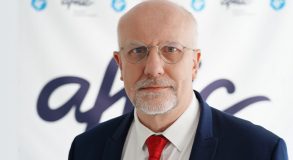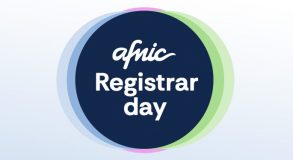
Although strengthening ICANN’s diversity has been accepted in principle, the discussions that preceded it have often been characterized by conflicting opinions about priorities, issues or current levels of diversity. At a time when a new group is about to be established to strengthen the diversity of ICANN, the importance of the subject should not be underestimated, since maximum participation and transparent deliberations of all the stakeholders concerned are needed in order to reflect the diversity of the points of views constituting the general (global) interest in a given situation.
Diversity is therefore neither an option nor a secondary requirement for ICANN.
Organized in April 2016, this collection of data on diversity indicators within ICANN has a twofold objective:
- enable a rapid, factual assessment of the current situation,
- provide a clear baseline for monitoring progress within the institution.
The collection involved a panel of 190 leaders within the ICANN community, occupying a function for which they were elected or appointed within the organization, such as members of the board, or college boards of stakeholders.
The results of this collection have highlighted several facts:
- The ICANN community continues to be predominantly from North America since 40% of the 190 leaders included in the study are from this region, making it the primary delegation within ICANN. In contrast, Africa, Latin America and Asia are underrepresented.
- The predominance of English speakers is very strong with almost 2/3 of ICANN leaders having English as their mother tongue, which differs greatly from the global population.
- Only 26% of ICANN’s leaders are women. This figure, far from gender equity, is difficult to interpret because the male / female ratio in the general population of ICANN’s participants was not available at the time when the study was first set up. One noteworthy fact, however, is the very low representation of women within the ICANN Board (4 of 16) and Nomcom (2 of 20).
- Finally, the business world and the academic / technical community constitute the majority of ICANN’s leaders since they represent about 80% of the individuals in this study, while the civil society and the public sector account for about 10% each.
This study is an experimental attempt to provide facts and figures on the diversity of ICANN. Much remains to be done to have a better idea of this diversity.
For enquiries about this study please contact Afnic at ICANN-diversity@afnic.fr
About Afnic
Afnic is the acronym for Association Française pour le Nommage Internet en Coopération, the French Network Information Centre. The registry has been appointed by the French government to manage domain names under the .fr Top Level Domain. Afnic also manages the .re (Reunion Island), .pm (Saint-Pierre and Miquelon), .tf (French Southern and Antarctic Territories), .wf (Wallis and Futuna) and .yt (Mayotte) French Overseas TLDs.
In addition to managing French TLDs, Afnic’s role is part of a wider public interest mission, which is to contribute on a daily basis, thanks to the efforts of its teams and its members, to a secure and stable internet, open to innovation and in which the French internet community plays a leading role. As part of that mission, Afnic, a non-profit organization, has committed to devoting 11% of its Revenues from managing .fr Top Level Domain to actions of general interest, in particular by transferring €1.3 million each year to the Afnic Foundation for Digital Solidarity.
Afnic is also the back-end registry for the companies as well as local and regional authorities that have chosen to have their own TLD, such as .paris, .bzh, .alsace, .corsica, .mma, .ovh, .leclerc and .sncf.
Established in 1997 and based in Saint-Quentin-en-Yvelines, Afnic currently has nearly 90 employees.




